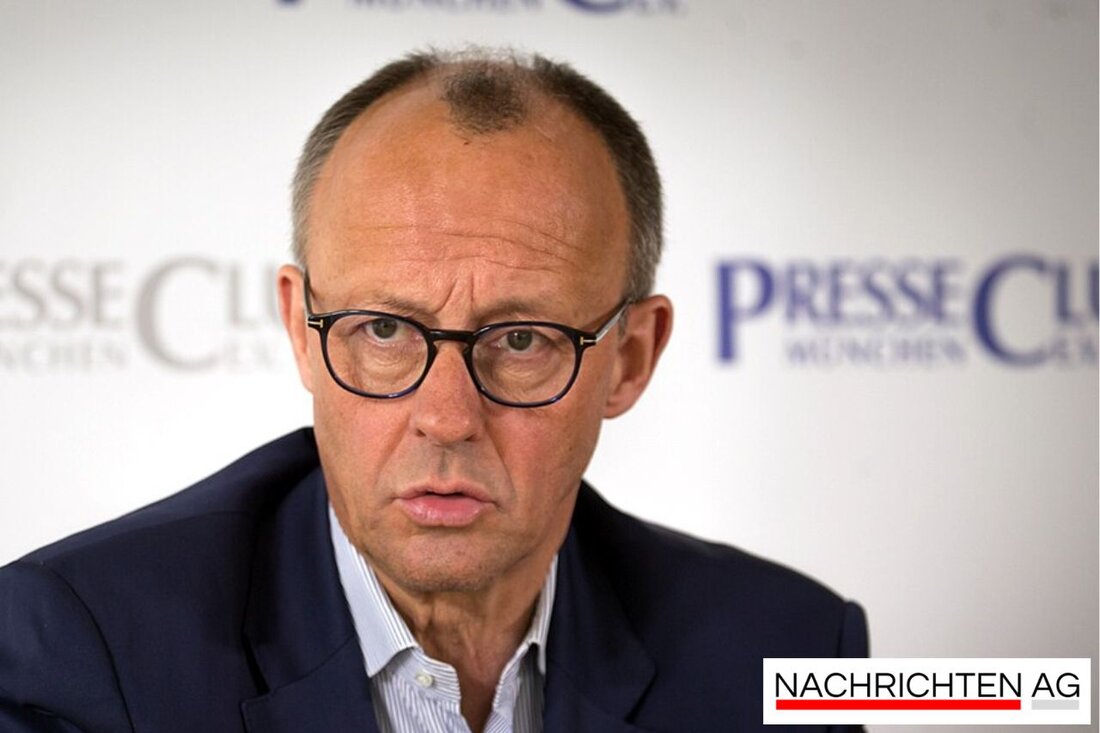Chancellor Merz under fire: Demos in Lower Saxony against his statements!
Chancellor Merz discusses migration and cityscape as demonstrations against his comments take place in Nigeria.

Chancellor Merz under fire: Demos in Lower Saxony against his statements!
On October 24, 2025, Chancellor Friedrich Merz's (CDU) statement on migration and the “cityscape” caused major waves. Merz explained that the federal government wanted to correct previous failures and enable repatriations, a statement that caused heated debates and sharp criticism nationwide. Numerous rallies and demonstrations are being organized in Lower Saxony to protest against Merz's statements. These reactions show how deeply the issue of migration divides society.
The planned demonstrations in Lower Saxony are a clear sign of resistance. A rally will take place in Walsrode on Friday at 11 a.m. in the Großer Graben. A spontaneous demonstration is expected in Hildesheim on Saturday at 12 p.m. at the main train station, followed by another demonstration in Göttingen on the same day at 4 p.m. at the Gänseliesel. In Bremen there will also be a demonstration on Sunday at 4 p.m. on the Domshof, while in Hanover a rally is planned on Sunday afternoon at 6 p.m. on Opernplatz. Mayor Belit Onay (Greens) and actress Denise M’Baye will also give a speech there.
Political reactions and headwinds
Merz's statements were heavily criticized both in the political landscape and in public. In his speech at the IGBCE in Hanover, he emphasized that in his opinion there were “still problems” in society regarding integration. He also made the connection between migration and crime, which led to him being accused of stigmatizing migrants across the board. The Greens and the Left demanded an admission from Merz, while he firmly stood by his statements and stated that he had nothing to take back. Integration Commissioner Natalie Pawlik also expressed criticism, demanding that migration not be stigmatized, and even Berlin's governing mayor distanced himself from Merz's statements.
Fletcher St. Omer, an activist in Osnabrück, pointed to a recent action by the Exile association in which between 300 and 400 people took part. This action was organized to demonstrate for diversity and shows that the countermovement is gaining momentum. In addition, the group “Osnabrück for All” is planning a demonstration against repression and for freedom on November 15th.
Social effects of migration
The debates about migration are not new, but they are becoming more explosive in view of Merz's current political statements. The factors that cause radicalization processes are complex and are reflected in the increasing intolerance towards various groups. As studies by the Federal Agency for Civic Education show, many Muslims have felt excluded as “foreigners” since September 11th. This can lead to increased isolation and withdrawal into ethnic communities.
The rise in anti-Semitic and racist violence against refugees is also worrying, as it is directly linked to increased perceptions of security and xenophobia. Social conflicts and crises, such as those currently being observed in the migration debate, further promote these radicalization processes. It is therefore all the more important that political education programs shed light on the causes of these extreme attitudes. Programs like “Democracy Live!” offer approaches to strengthen social cohesion and combat discrimination.
Overall, it is clear that the discussion about Merz's statements and the reactions to them reflect the complex challenges that society is facing. For many, one thing is clear: social cohesion must be promoted despite these tensions. Information and registration for the upcoming demonstrations can be found on the organizers' respective websites and in the local news.
Further information on the current debates can be found here: NDR, The time, Federal Agency for Civic Education.

 Suche
Suche
 Mein Konto
Mein Konto